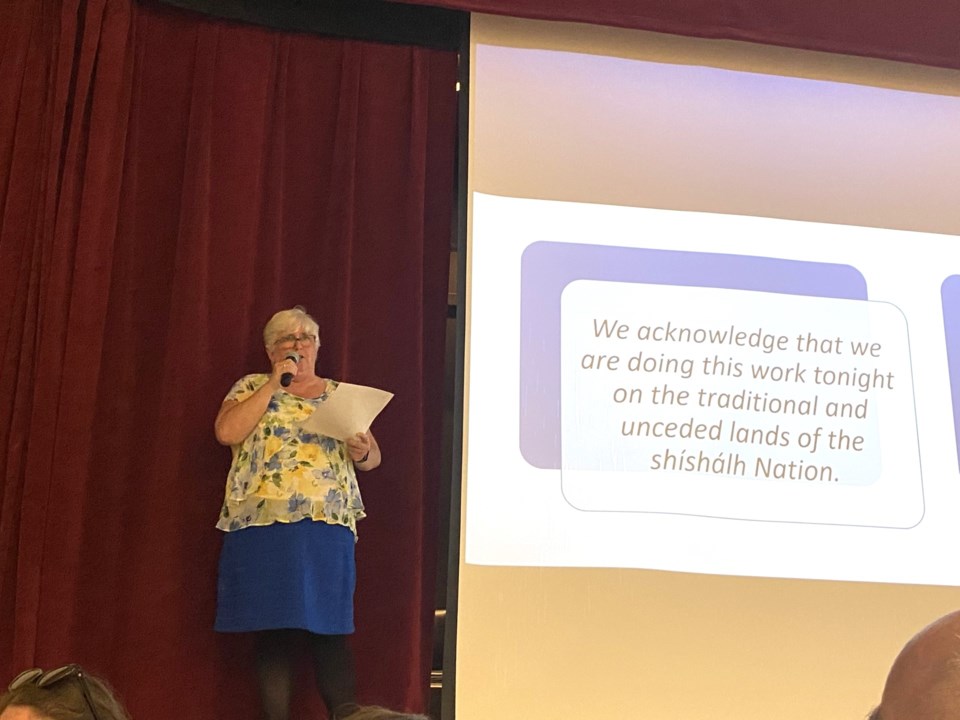The District of Sechelt wants the Association of Vancouver Island and Coastal Communities (AVICC) and Union of BC Municipalities to join them in urging the provincial government and BC Housing to have all supportive housing and shelter operators enter into a “good neighbour agreement” with local governments.
At the Feb. 5, regular meeting of district council, councillors Brenda Rowe and Alton Toth presented a motion asking that local governments across B.C., which are experiencing challenges related to supportive housing and shelter facilities, “including concerns about community safety, property maintenance, and local accountability… urge the Province of British Columbia and BC Housing to require that all supportive housing and shelter operators enter into a good neighbour agreement with the local governments in which these facilities operate to ensure clear expectations regarding community impact mitigation, security measures, and ongoing engagement with local government and residents.”
Toth explained the deadline to submit motions to AVICC was that same week, so the meeting would be the last opportunity to approve and submit the motion.
As reported earlier in Coast Reporter, in December, the district proposed a motion that BC Housing terminate its contract with RainCity Housing and Support Society due to concerns the society, has “not sufficiently contributed to alleviating safety concerns in the surrounding neighbourhood, including ongoing issues with crime, theft, vandalism; and whereas these issues are negatively impacting the quality of life for local residents, businesses, and emergency responders.” That motion was later amended to first request an FOI into the contract between BC Housing and RainCity.
Toth noted, Powell River recently adopted that first motion, modified it and within a week, had struck a committee to look at homelessness and the issues surrounding supportive housing.
Rowe explained a good neighbour agreement can mean different things, depending on the context. She added, a municipality could use a good neighbour agreement to help build community trust and reduce opposition to supportive housing projects.
“So, actually, get it out there before the project is built and start building that community connection to ensure housing operators are accountable for how their facilities integrate into the neighborhood, and to create a structured way for community members to voice concerns without escalating conflicts,” said Rowe. “Those for me, are the driving force in putting this forward, because I think if the provincial government is putting tons of taxpayer dollars into all of these supportive housing units and shelters in municipalities, they need to make us have the ability to be a partner with them and have expectations and communication.”
The motion passed unanimously. AVICC’s annual general meeting and conference takes place in Nanaimo, April 12 to 14.




